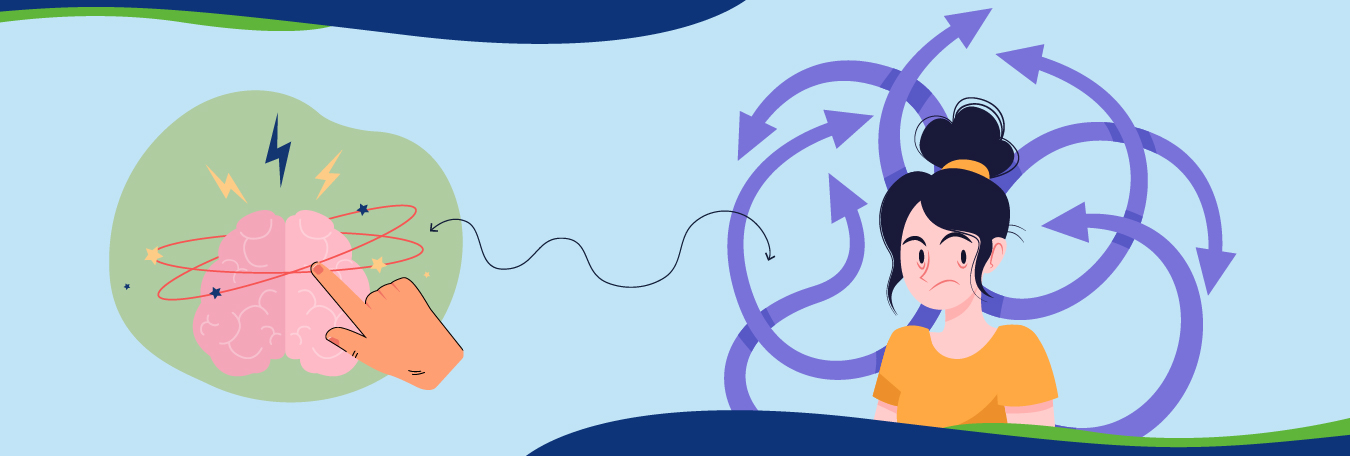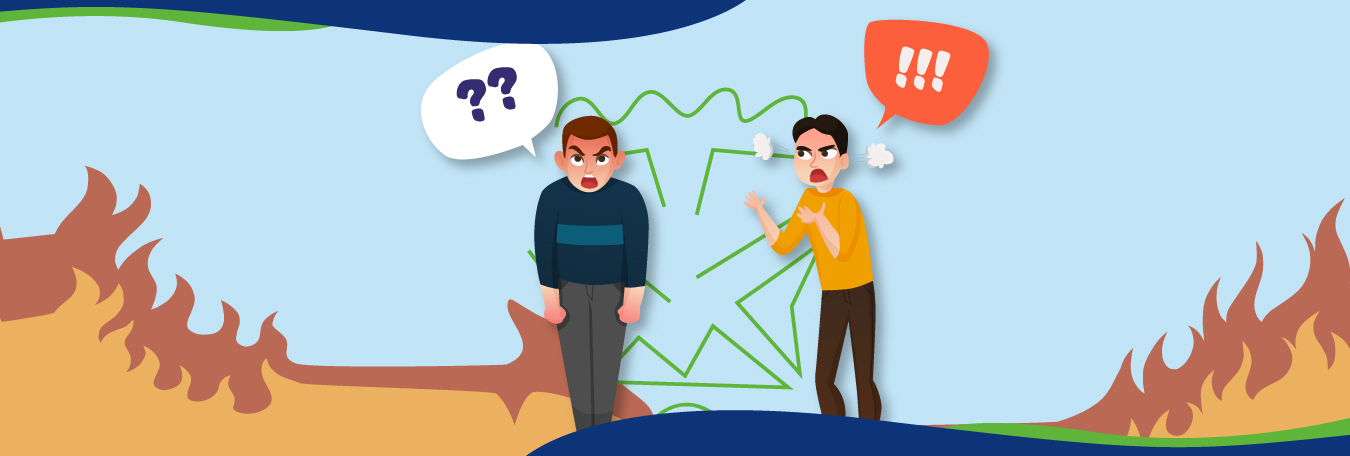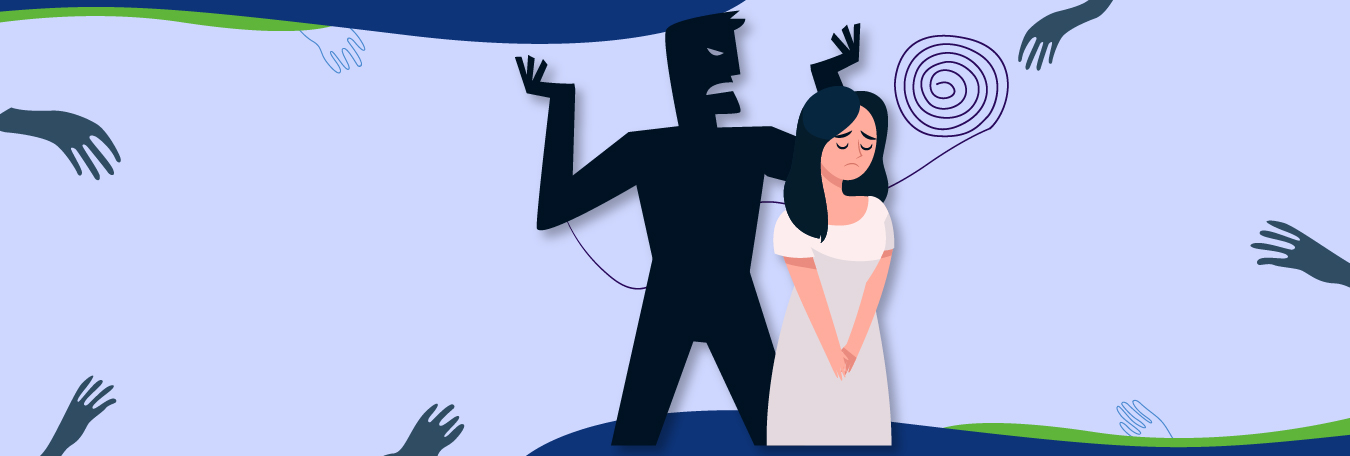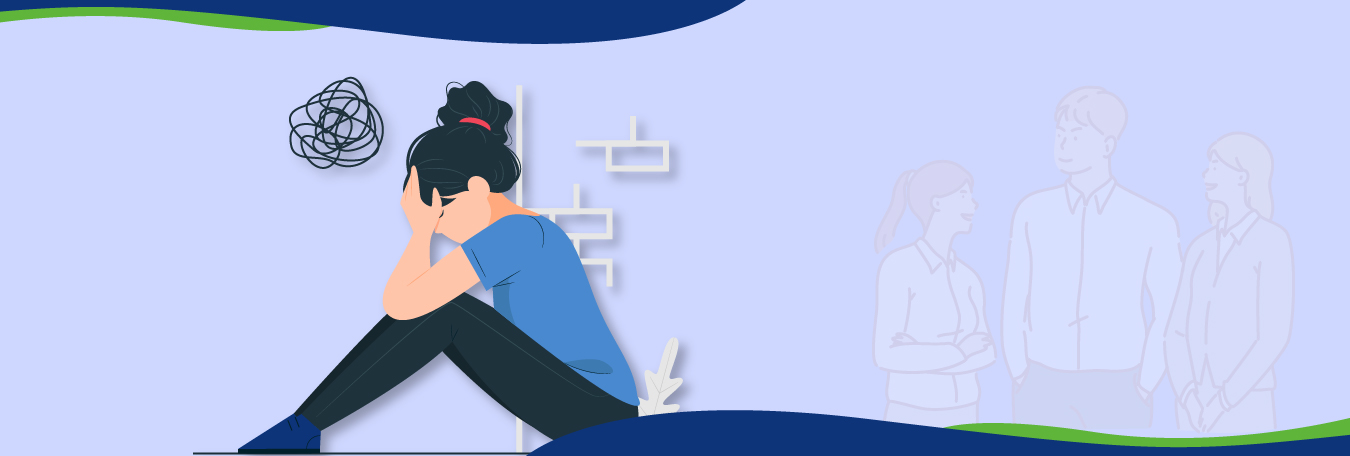Obsessive Compulsive Disorder is a most common anxiety disorder that provides instructions to the mind to perform compulsions. OCD can affect any person independent of age and gender. However, the onset of OCD symptoms mostly occurs in children. However, if you want to know more about the different types of OCD as well as subtypes of OCD, then read this article. You will also get a vivid idea about common types of OCD and OCD types and symptoms.
Obsessive Compulsive Disorder
Obsessive Compulsive Disorder is a most common behavioral disorder that mostly affects children. This disorder involves obsessions and compulsions. Their mind is most often occupied with unwanted thoughts. The main purpose of their compulsive behavior is to get rid of their intrusive thoughts.
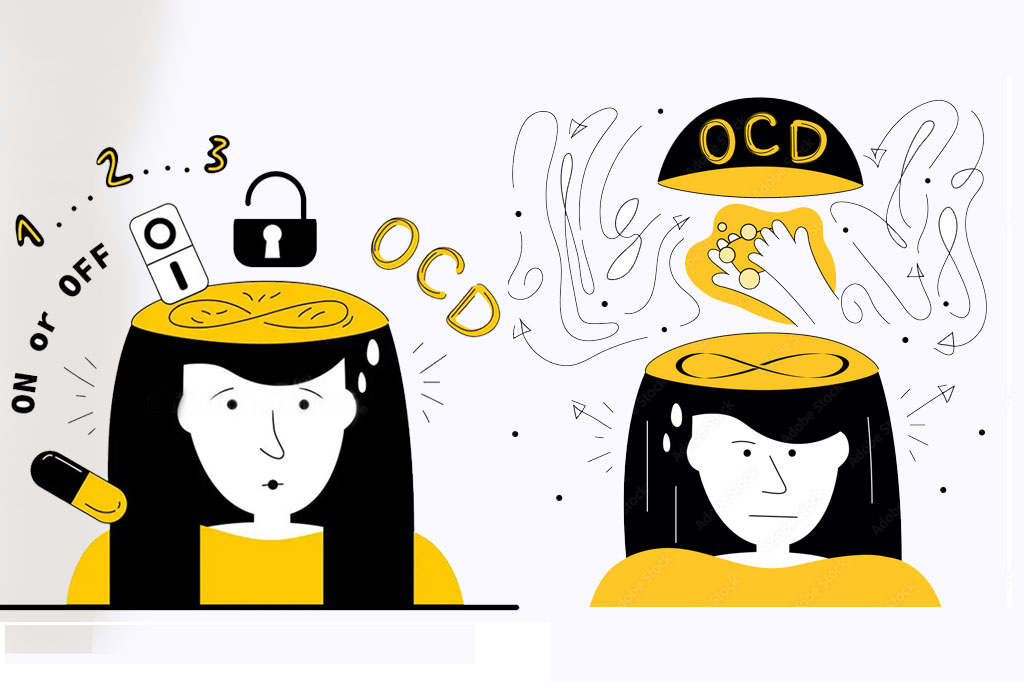
OCD in kids
Obsessive-compulsive behavior is also common in children. There are also various common types of OCD in kids. This disorder adds various complexities to the lives of kids. OCD in kids directs them towards intrusive thoughts. Their obsessions are linked to stress or anxiety. Children with OCD always have a fair of different unwanted things. For example, they often get afraid of touching new things in their surroundings. In addition, OCD in kids also involves different patterns of compulsions. They clear their hands or different objects over and over again. Moreover, if they have played a game at one time, then they feel pleasure in repeating the game.
The brains of the OCD kids remain in an anxious state. They also keep thinking of losing their loved ones. OCD can affect the academic performance of kids. They are unable to pay attention to their class lectures. Therefore, they often fail or don’t obtain good marks. OCD in kids can be easily diagnosed in their preschool phase. However if OCS in kids is left untreated even after diagnosis, it can persist to adulthood. Adults with OCD also face certain difficulties in their professional life. They are not able to meet the deadlines. Most of the time, they forget important meetings, This leads to reduced chances of their promotion.
Read More: Is eating disorder a mental illness?
OCD in adults
The types of OCD can affect any person in their lifetime. Kinds of OCD in adults can be identified if compulsions are persisted for a longer period. But it should also be considered that all obsessions and compulsions are not linked with OCD. Moreover, the situation of OCD is also different in each individual. Some common OCD types and symptoms in adults include:
- Adverse effects on relationships due to obsession and compulsion
- Spending a major time dealing with compulsive behavior
- Feeling a temporary relief after doing certain compulsive behaviors
Causes of Obsessive Compulsive Disorder
The exact cause of OCD is not evident. However, the most common causes of subtypes of OCD include:
Chemical abnormalities in the brain
People with OCD experience certain abnormal changes in the brain. The subcortical brain structure and frontal cortex of the brain are affected by this disorder. Moreover, OCD also results in abnormal levels of neurotransmitters in the brain.
Genetic factors
Genes are the main units that are transferred among generations. If the parents are affected by this disorder, then there is more likelihood of the children to be affected.
Previous life trauma
Any traumatic incident that happens in the past can also lead to the onset of this disorder. Childhood trauma is also linked with the onset of this disorder.
Difference between OCD and OCPD?
Both OCD and OCPD are different medical conditions. There are also different OCD categories. The different types of OCD involve repressed obsessions. On the other hand, OCPD is a personality disorder. OCPD makes the person more concerned with perfection. Such persons feel more pleasure in accurate organization and control. Moreover, persons with OCD are aware of their altered behaviors. On the other hand, OCPD persons are unaware of what happened to them and what they are doing. Another major difference is the onset of this disorder. The symptoms of OCD can occur at any stage of life. While for OCPD, the scenario is entirely different. People are usually born with this personality disorder and remain with it.
Diagnosis of OCD
In most cases, it is difficult to effectively diagnose the OCD symptoms and the forms of OCD. As the overlapping of symptoms is most common. The symptoms of OCD are usually misdiagnosed as the symptoms of anxiety, depression, schizophrenia, bipolar disorder, etc. There are different ways to diagnose the symptoms of OCD which include:
Physical evaluation test
This test involves the diagnosis of OCD and various other associated medical conditions. Different diagnostic tests are used for this purpose.
Psychological evaluation test
This involves the meeting of OCD patients with a professional therapist. Patients can share their inner feelings and thoughts. Moreover, therapists can better judge what are the main reasons for obsessions and compulsions. They can guide them on how to live a prosperous life without any mental disorders.
Different types of OCD
There are different types of OCD which comprise their distinct features such as:
Hit-and-run OCD
Hit-and-run OCD is one of the most common forms of OCD. People suffering from this type always remain in fear while driving. They think that they can hit anyone due to their harsh drive. Moreover, they don’t enjoy their ride and spend major time in their undesirable fear. Furthermore, they also think that they will run after hitting anyone on the road. However, their fear also makes this thing possible and somehow accidents also occur. While driving, they remain disturbed by their thoughts.
Contamination OCD
OCD makes individuals more obsessed with hygiene. They have a fear of contamination by different infectious particles. Moreover, such persons think that they can suffer from lethal infections. Married couples have a fear of sexually transmitted diseases. They clean their hands multiple times until they get sure about cleaning.
Relationship OCD
OCD can also affect the relationships of individuals. OCD persons remain in doubt about their partner’s love. They always remain in search of finding someone new. Furthermore, they often compare their partners with others. This thing becomes a major factor that can break their love bonds. Affected persons not only think about their partners but various questions also arise in their minds regarding the authenticity of feelings. Such people often think about whether their partners love them or not. They should share their things with their partner or not.
Checking OCD
As OCD involves different compulsive behaviors, checking compulsions is also common. Affected persons check the doors even after locking them. Likewise, they also check stoves and different domestic appliances.
False Memory OCD
OCD persons also experience false or unwanted thoughts in their minds. Such people might think that they have done something wrong in the past. They think they have hurt anyone and forgot to pay for something in a department store. Furthermore, they also think that they have misused their abilities at certain life phases.
Just Right OCD
OCD people are always on the hunt for perfection. They want to make things perfect at any cost. Therefore, they are involved in different compulsive behaviors. If they are counting money, then they repeat the process numerous times.
Harm OCD
Harm OCD leads to the occurrence of violent thoughts in the mind. Excessive violent thoughts can lead to anxiety or depression. Different types of intrusive thoughts arise in their mind. They also think that they can commit any violent act. Likewise, environmental stress can also direct their mind to suicidal thoughts. Such persons prefer to remain in isolation and they fear that they can harm their loved ones.
Sexual Orientation OCD
Sexual orientation OCD involves the fear of becoming homosexual. Moreover, different normal sexual behavior can also be affected. They start considering their sexual orientation. They think that their disorganized sexual orientation can affect their healthy sex life. Their attraction to the opposite gender is also common.
Religious OCD
Their religious beliefs can also disturb their mental peace. They have different obsessive thoughts regarding religion. They often think that they have committed a sin and take guidance from religious leaders.
Pedophilia OCD
This type of OCD is the fear of sexual attraction towards underage teenagers and children. People with pOCD try to avoid meeting the children and prefer to stay in the same age groups and take drastic steps for fulfilling this goal. In some cases, they also punish themselves for thinking they are becoming a pedophilic person.
Confessing OCD
This OCD involves the compulsion of confessing behavior. Most of the studies have suggested that confessing OCD is a variant of relationship OCD as most partners confess in front of each other. Furthermore, they feel pleasure in saying all the things that are present in their heart. If they don’t do this, they feel anxiety. Therefore to get involved in the confession behavior to reduce their anxiety or depression.
Tourettic OCD
Most of the researchers believe that Tourettic OCD is identical to Tourette syndrome. This syndrome involves the occurrence of sudden twitches in the body. Likewise, persons with Tourette’s OCD involve different weird compulsive behaviors. They weirdly move their fingers. Moreover, their way of touching different things and tapping of fingers is also common in this type of OCD.
Hoarding OCD
Most of the OCD patients often chaotically gather different things. They have a large collection of books, magazines, papers, clothes, boxes etc. They feel stress even when they start to think of discarding them. Furthermore, their living space can be seen as a great mess of different things. A normal person can face difficulty while living with them in their chaotic place. On the other hand, they feel pleasure in doing this. Although, they feel pleasure they are more prone to anxiety or depression.
Magical thinking OCD
Magical thinking OCD is associated with superstitious beliefs. Such persons think if they don’t do certain things, undesired or unrelated events will occur. They are mostly concerned about the safety of others. When their magical thinking OCD gets severe, they think their thoughts can turn into real-life events.
Pure Obsessional OCD
The pure obsessional OCD does not involve any apparent obsessions. However, other types involve varied compulsive behaviors. Most of the studies reported that pure OCD does not even exist. Likewise, a large number of studies have examined that approximately 98% of OCD involves obvious compulsions. While, on the other hand, only 2% is devoid of compulsions. The compulsions of this type are mostly inward as compared to other types.
Existential OCD
Persons with this OCD remain confused as they are unable to differentiate between imagination and reality. They don’t know what’s real or what’s fake. They are unable to determine the main cause of their obsession with the fantasy world.
Real events OCD
This OCD indulges the mind into the previous life stories. Their compulsive behavior only revolves around past life events. They feel guilt over their previous life phase. Moreover, they think that they can suffer again from the tragedies of the past. Moreover, rewinding events that have already been done in the past is also common. Confessions to the concerned persons of the past are also involved in this type. Real events OCD can also cause long-term anxiety or depression.
OCD and related disorders
Body dysmorphic disorder
Body dysmorphic disorder is a mental and behavioral disorder. A person suffering from this disorder spends time thinking about his personality. They mostly focus on their flaws as compared to their traits. However, their flaws are not noticed by others.
The onset of this disorder is independent of age and gender. However, teenagers are mostly affected by this condition. There is a strong link between the
PANDAS
PANDAS is also referred to as the pediatric autoimmune neuropsychiatric disorder. This disorder is caused by streptococcus bacteria. PANDAS mostly affects children. Furthermore, the onset of this disorder usually occurs before puberty. If the child is suffering from OCD, then there is also a greater probability of PANDAS occurrence.
Trichotillomania
This disorder involves strong compulsive behaviors. Persons suffering from this disorder pull their hair regularly. Trichotillomania, also known as trich, is when someone cannot resist the urge to pull out their hair. They may pull out the hair on their head or in other places, such as their eyebrows or eyelashes. Trich is more common in teenagers and young adults.
Intrusive Thoughts
Intrusive thoughts are the disturbing thoughts that enter your consciousness. Individuals always try to eradicate their intrusive thoughts from the mind. Moreover, thoughts can be alarming or frightening depending on different situations. Furthermore, intrusive thoughts also involve compulsive behavior. Intrusive thoughts come in different forms or images. In most of the cases, intrusive thoughts do not have any purpose

Types of Intrusive Thoughts
Some types of intrusive thoughts are most common which include:
Religious thoughts
Sexual
Contamination thoughts
Various researchers have identified that intrusive thoughts can occur in the brain of any individual. Although intrusive thoughts are not harmful, they can adversely affect a person’s life. There is no exact cause of intrusive thoughts. However, a combination of different environmental and genetic factors can develop intrusive thoughts.
Cure for OCD intrusive thoughts
The first step is to effectively diagnose the symptoms of intrusive thoughts. Physicians then suggest the best possible treatment to treat the intrusive thoughts. Moreover, there are also different management therapies which include:
Self therapies
Group therapy is a form of physiotherapy. In this therapy, different physiotherapists are involved. They provide the treatment to multiple patients at the same time. This type of therapy is widely used at private clinics, hospitals, and health care centers. Group therapy is as effective as individual therapy.
Group Therapy
involved. They provide the treatment to multiple patients at the same time. This type of therapy is widely used at private clinics, hospitals, and health care centers. Group therapy is as effective as individual therapy.
Individual therapy
Individual therapy involves the direct interaction of one physician with the patient. This therapy is extremely beneficial in treating various mental disorders. Individual therapy involves different therapy sessions that occur at regular intervals. Furthermore, this provides the best opportunity for patients to confidentially share their mental issues. Some important types of therapies include:
Cognitive behavioral therapy
This therapy is also known as the talk therapy. As it involves the discussion of therapists and OCD patients. Behavioral therapy guides the patients on how they can lessen their sensitivity to intrusive thoughts.
Neurosurgical therapy
If OCD patients do not show a response to traditional treatments, then neurosurgical therapy is preferred.
Medications
As different intrusive thoughts arise in different mental issues, various medications are used for treatment. Similarly, some medicines are specifically used to treat intrusive thoughts which include:
- Clomipramine
- Paroxetine
- Selective Serotonin Reuptake Inhibitors
- Citalopram
- Sertraline
- Benzodiazepines
- Fluoxetine
- Escitalopram
Stress Management
Stress is one of the main trigger factors of types of OCD. Effective stress management is extremely significant in preventing the onset of this disorder. Therefore a healthy lifestyle matters a lot to prevent stress and ultimately OCD. By adopting different strategies, you can acquire sound mental health.
Diet
Eat well to behave and think well. Healthy food can enhance brain functioning. Make sure that you are taking fresh fruits, vegetables, and good fat in your diet. Moreover, avoid foods that can elevate the cholesterol in your body. Similarly, it is also essential to avoid fat-containing dairy products.
Sufficient sleep
Your brain also needs rest to perform its function effectively. Make a habit to sleep early if you want to have a better sleep-wake cycle. In addition, also consider your environment for sleep. A melatonin hormone is released during the darkness. Therefore, try to sleep in dark places to enjoy a peaceful sleep.
Regular Exercise
A daily 10 to 15-minute exercise is enough to activate the brain cells. Moreover, also adds mind relaxing activities to your daily schedule. Different breathing exercises are considered useful in preventing OCD. They not only represent your body but also your soul.
Last thoughts
OCD is a complex mental illness that can affect a person’s behavior. This disorder involves obsessions and compulsions. Furthermore, the occurrence of intrusive thoughts is common in this disorder. There are different types of OCD which include hit-and-run OCD, false memory OCD, relationship OCD, checking OCD, just right OCD, and many more. Moreover, each type of OCD comprises different OCD types and symptoms. Inland Empire Behavioral group experts provide treatment based on the different types of OCD. Our experts can significantly access the OCD types and symptoms and provide the finest therapeutic procedures.
